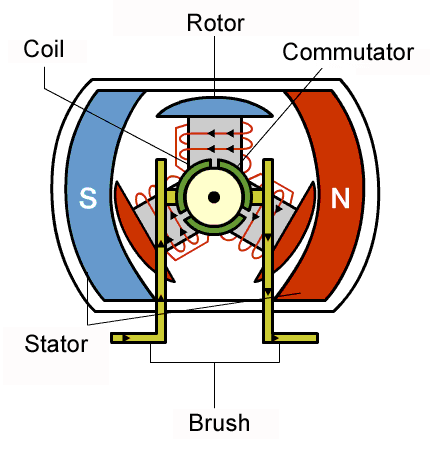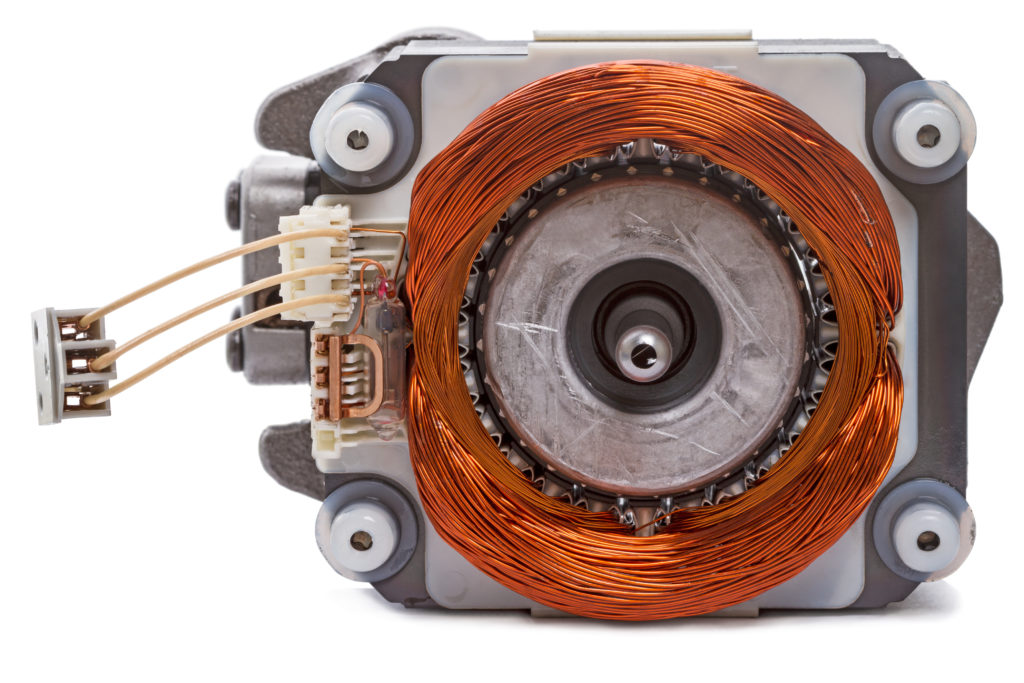- Brushless PMAC Motors - MOTORS - EV PARTS


Selecting Dc Brush and Brushless Motors - Machine Design

Amazon.com: BETAFPV 4pcs 1103 11000KV Brushless Motors FPV 2S Motor RC for 2S Lipo Battery 2S Frame Beta75X Whoop Drone: Toys & Games
The Ultimate Guide To Induction Versus DC Brushless Motors - Tesla
As the rotor rotates, the commutator selects different windings and the directional current is applied to a given winding such that the rotor's electromagnetic field stays misaligned with the stator and produces a torque in one direction. Downsides of commutator [modify] The commutator has disadvantages that has resulted in a decline in usage of brushed motors.
The soft brush product uses down due to friction, developing dust, and ultimately the brushes should be replaced. This makes commutated motors inappropriate for low particle or sealed applications like difficult disk motors, and for applications that require maintenance-free operation. The electrical resistance of the moving brush contact causes a voltage drop in the motor circuit called brush drop which consumes energy.

SunnySky X2216 Brushless Motors Short Shaft Version - 1400 - RMRC
During the last hundred years, high-power DC brushed motors, once the essential of market, were replaced by alternating present (AC) synchronous motors. Today, brushed motors are only utilized in low power applications or where only DC is available, however the above drawbacks restrict their use even in these applications. Brushless solution [modify] In brushless DC motors, an electronic servo system changes the mechanical commutator contacts.
The elimination of the sliding contact permits brushless motors to have less friction and longer life; their working life is only limited by the life time of their bearings. Brushed DC motors develop a maximum torque when stationary, linearly reducing as speed increases. Some limitations of brushed motors can be overcome by brushless motors; they consist of greater performance and lower susceptibility to mechanical wear.
5 Easy Facts About Small brushless motors - MinebeaMitsumi Shown

A normal brushless motor has permanent magnets that turn around a fixed armature, removing problems connected with connecting current to the moving armature. More In-Depth changes the commutator assembly of the brushed DC motor, which continually switches the stage to the windings to keep the motor turning. The controller performs comparable timed power circulation by utilizing a solid-state circuit instead of the commutator system.
Without any windings on the rotor, they are not subjected to centrifugal forces, and due to the fact that the windings are supported by the real estate, they can be cooled by conduction, requiring no airflow inside the motor for cooling. This in turn suggests that the motor's internals can be entirely enclosed and protected from dirt or other contaminant.
